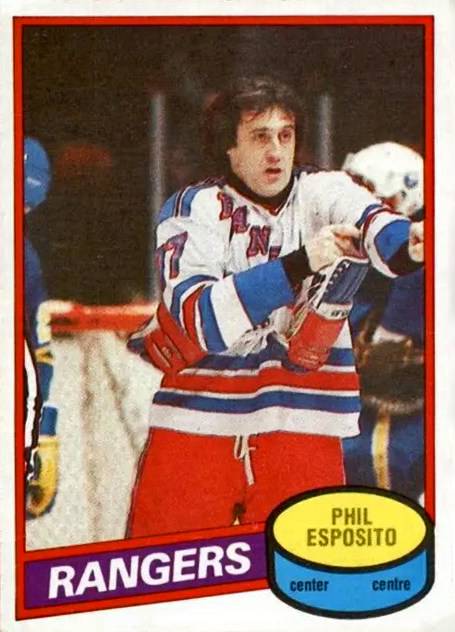Wayne Gretzky’s record for most points in a single National
Hockey League season has stood for nearly three decades. Some say it’s
unbreakable, but as with any record in professional sports, it will seem
unbreakable until the day it’s broken. Through
time, the record stood at an ‘unbreakable’ level 16 times since the creation of
the NHL in 1917-18.
Joe Malone of the Montreal Canadiens held the mark first for
most points in a single National Hockey League campaign. All he had to do to
accomplish this was lead the league in scoring in its inaugural season. Assists
were not recorded in that first year but Malone’s total of 44 goals in 20 games
was in itself a pretty amazing feat and set the standard. To put that amount
into perspective, applying that goal scoring pace over the present day 82 game
schedule would produce 180 goals.
Malone broke his own record two years later while playing
for the Quebec Bulldogs. Playing four more games than in 1917-18, Joe added
four more points for 48 in 1919-20. This record would stand until the 1927-28
season when Howie Morenz of the Montreal Canadiens would total 51 points.
However, Morenz’s total was accomplished over a much longer 43 game games.
Outside of Boston Bruins fans, the name Cooney Weiland is
not overly well known. However, Weiland, while playing for the Boston Bruins
during the 1929-30 season, shattered Morenz’s record with 73 points in 44
games. That season, six players would better the 51 point plateau. As for
Weiland, he would go on to a respectable eleven season NHL career but would
never get higher than the 38 point mark again in his career.
Over a decade would pass before Weiland’s mark would be surpassed.
With the aid of an expanded 50 game schedule, Doug Bentley tied the record with
73 points in 1942-43. The following season, Herb Cain of the Boston Bruins
would increase the record by nine points to 82 in 48 games. Just three short
years later, Cain would be sent down to the Hershey Bears of the American
Hockey League where he would finish out his professional hockey career.
The legendary Gordie Howe would be next to set the mark. It
would take Mr. Hockey 22 more games than Cain to add four points to the record.
In 1950-51, Howe had an even 43 goals and 43 assists for 86 points. The
following season, Howe would equal the mark and the season after that, 1952-53,
Howe would increase the record by nine points to 95.
The record jumped just a single point in 1958-59 as Dickie
Moore of the Montreal Canadiens would total 96 points in the same 70 games as
Howe. The record would increase by the same increment in the mid 1960’s as teammates
Bobby Hull and Stan Mikita of the Chicago Blackhawks would each get 97 points
in 1965-66 and 1966-67 respectively.
The late 1960’s brought expansion to the NHL and doubling
the size of the league overnight, increasing the length of the schedule and
watering down the talent was catalyst to a new level of offense. Phil Esposito
came into his own during the 1968-69 season and provided the Boston Bruins with
126 points. Two seasons later, Esposito would increase the record to 152
points, a number that most thought could never be broken.
Along came a kid from Brantford, Ontario, Canada and the
league’s record books were never the same. Wayne Gretzky, in just his second
season in the NHL, provided the Edmonton Oilers with 164 points. The following
season, the impossible was accomplished with The Great One’s 92 goals, 120
assists and 212 points. The 212 points would be eclipsed by none other than
Wayne Gretzky himself during the 1985-86 season when he had 215 in 80 games,
but the 92 goals stands as an NHL record today.
Is the record breakable? Of course it is. The game has
changed and the offensive numbers have dropped since the mid 1990’s but things
can change on a dime. A simply amazing player could emerge. Rule changes could
provide a more offensive game. Retraction or expansion could significantly
affect the level of talent. Just as Joe Malone’s record was thought unbreakable
ninety years ago, Gretzky’s might falsely be thought of as unbreakable today.
















